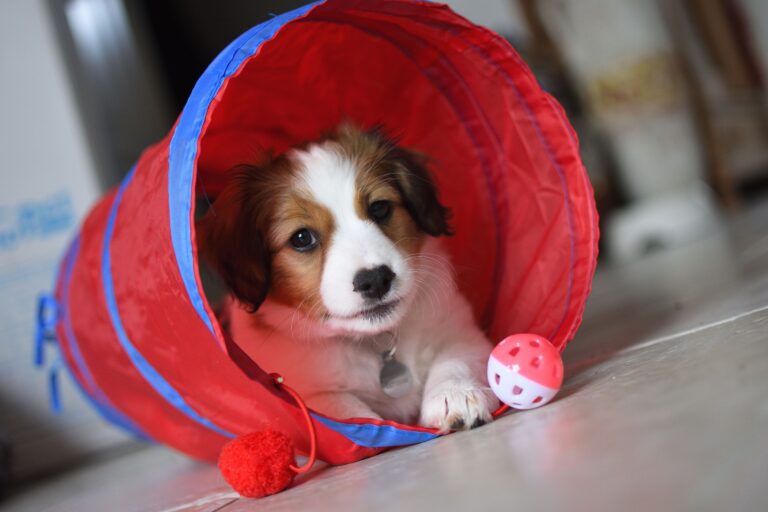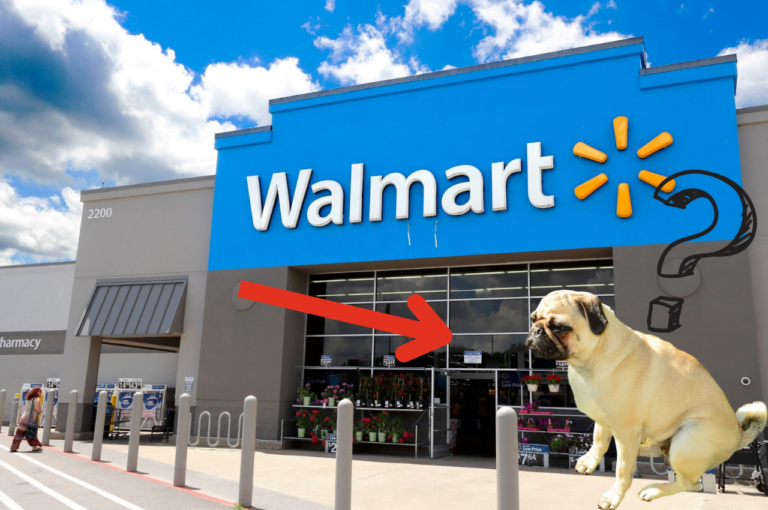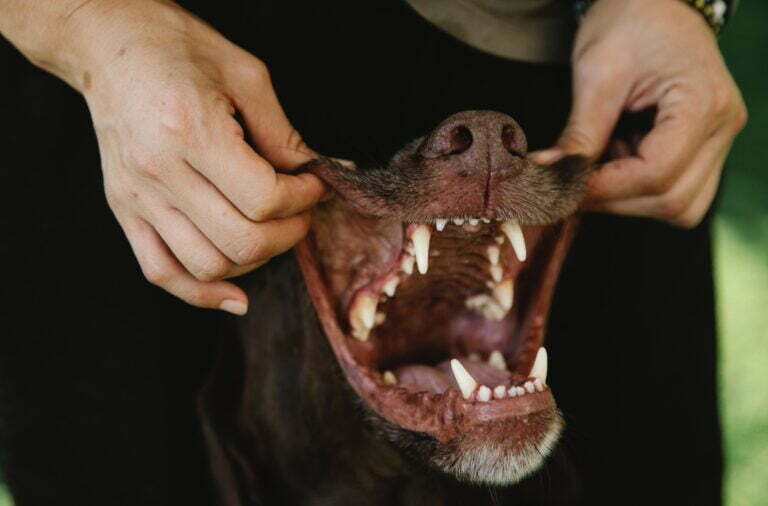How to be a Responsible Pet Owner | Follow This Guide!
Being a responsible pet owner goes beyond providing food and shelter. It’s about forming a meaningful bond with your furry friend and ensuring their overall well-being.
In this comprehensive guide, we’ll explore various aspects of responsible pet ownership, from adopting the right mindset to addressing common concerns.
Whether you’re a first-time pet owner or seeking to enhance your current practices, this article offers valuable insights to foster a healthy and joyful relationship with your pet.
Responsible Pet Owner: Key Practices and Tips
Embracing the Role
Being a responsible pet owner involves embracing the role of a caregiver, mentor, and companion. By understanding that pets rely on us for their needs and emotional support, you’ll be better equipped to fulfill your duties effectively.
Choosing the Right Pet
The journey of responsible pet ownership begins with choosing a pet that aligns with your lifestyle, space, and preferences. Research different breeds, temperaments, and needs to find a furry friend that complements your life.
Providing a Safe Haven
Creating a safe and comfortable environment is crucial for your pet’s well-being. Ensure your home is pet-proofed by removing hazards, setting up cozy spaces, and securing toxic substances out of reach.
Nutritious Diet and Regular Exercise
A balanced diet and regular exercise are vital for your pet’s physical and mental health. Consult your veterinarian to determine the appropriate diet for your pet’s age, breed, and medical needs. Incorporate daily walks, playtime, and mental stimulation to keep them happy and active.
Veterinary Care and Health Checkups
Regular veterinary visits are vital to ensure your pet’s health. Schedule vaccinations, routine checkups, and dental care appointments. Keep a record of their medical history and follow your vet’s recommendations.
Socialization and Training
Proper socialization and training are essential for a well-adjusted pet. Expose them to various environments, people, and animals to build confidence and prevent behavioral issues. Enroll in training classes to establish positive behaviors and strengthen your bond.
Grooming and Hygiene
Maintaining your pet’s hygiene contributes to their overall health and comfort. Regular grooming, including brushing, bathing, and nail trimming, keeps their coat shiny and skin healthy.
Mental Stimulation
Pets need mental stimulation to prevent boredom and anxiety. Provide puzzle toys, interactive games, and enrichment activities to keep their minds engaged and prevent destructive behaviors.
Respectful Communication
Develop a language of communication with your pet based on trust and respect. Use positive reinforcement, praise, and rewards to encourage good behavior.
Responsible Breeding and Adoption
If you’re considering adding a pet to your family, opt for adoption from shelters or rescue organizations. Avoid supporting unethical breeding practices that contribute to overpopulation and animal suffering.
Managing Your Pet’s Waste
Proper waste disposal is essential to maintain a clean and healthy environment for both your pet and your community. Always clean up after your pet when you’re outside and properly dispose of their waste.
Travel and Changes
When traveling or experiencing changes in routine, consider your pet’s well-being. Plan accommodations, pack essentials, and ensure their comfort during transitions.
Conclusion
Becoming a responsible pet owner is a rewarding journey that involves dedication, care, and love. By embracing your role as a caregiver, providing a safe and nurturing environment, and prioritizing your pet’s well-being, you can build a strong and lasting bond. Remember, responsible pet ownership is about more than fulfilling basic needs—it’s about creating a joyful and fulfilling life for your beloved furry companion.
FAQs about Responsible Pet Ownership
Subscribe to our weekly newsletter below and never miss the latest article.









